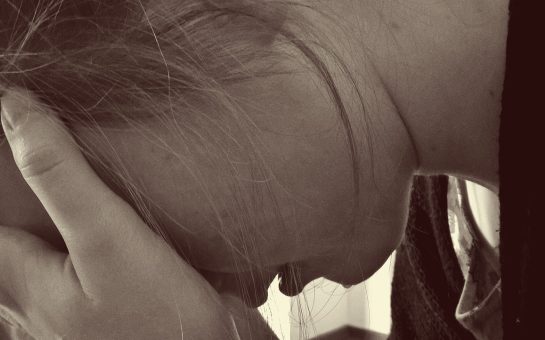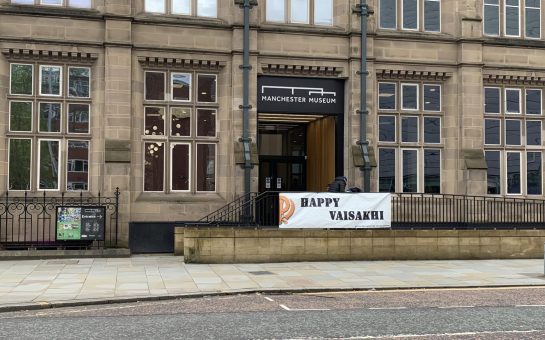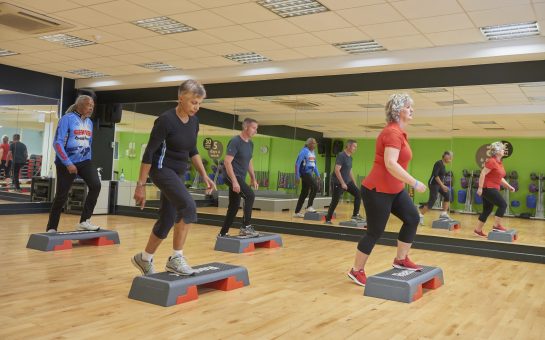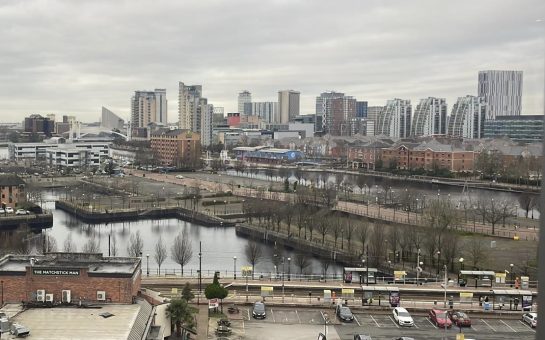Gender pay inequality has been a controversial topic lately – but the picture among some Greater Manchester councils makes better reading.
Figures obtained by a Freedom of Information request show that the number of men and women earning the higher wages at those councils which responded is more equal than the national picture.
Among those authorities is Tameside council, who on Tuesday elected Cllr Brenda Warrington as its first female council leader in its history.
Last year there was a split of four-six in women and men respective earners over £85,000.
In Wigan the picture was the same. Women made up 44% of top earners and outnumbered by more than double in the £45,000-£65,000 bracket.
Wigan Council’s chief executive Donna Hall was pleased by the findings.
She said: “We promote and recruit based on hard work, enthusiasm, behaviours and sheer talent. I’m proud we have male and female champions for gender equality and we’ve started a social movement here in the North.
“We need to keep pushing for equality – holding back women holds back everyone!”
In Bury, 45% of those paid more than £85,000 are women – up from 33% in 2016.
A Bury Council spokesperson said the authority was pleased with the progress it was making with regards to gender equality.
He said: “Bury Council is committed to ensuring that everyone is treated fairly and has equal access to its employment opportunities.
“We are working to achieve a workforce that is representative of the community we serve and are particularly pleased with our progress in terms of gender equality.”
In the past week top firms across the country have started to reveal their gender pay gaps after the government said all companies with more than 250 employees must disclose figures by April 5.
Aviva, the insurers, reported a difference in hourly pay between sexes of 28.5% — higher than the national average of 17%.
That came after a report by the accountancy firm PricewaterhouseCoopers into the gender pay disparity at the BBC found “no evidence” of gender bias in pay decisions – but campaign groups hit out at the findings.
Equal pay campaigners The Fawcett Society said: “We cannot see how the BBC can conclude that there is “no gender bias” in the face of shocking stories from individual women, and what looks like large pay differences within jobs that the report does not explain.”
Image courtesy or Wigan Council, with thanks.



